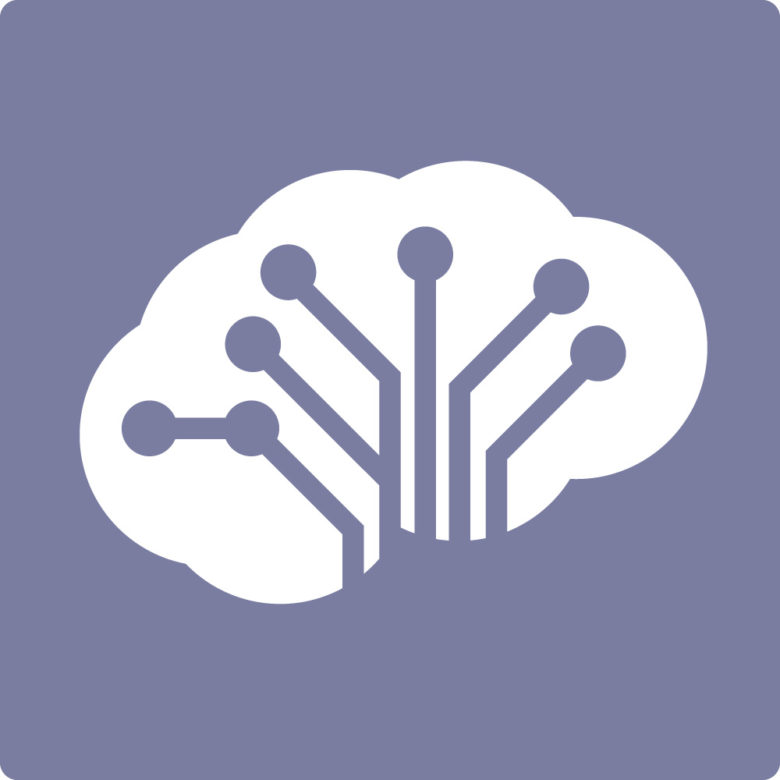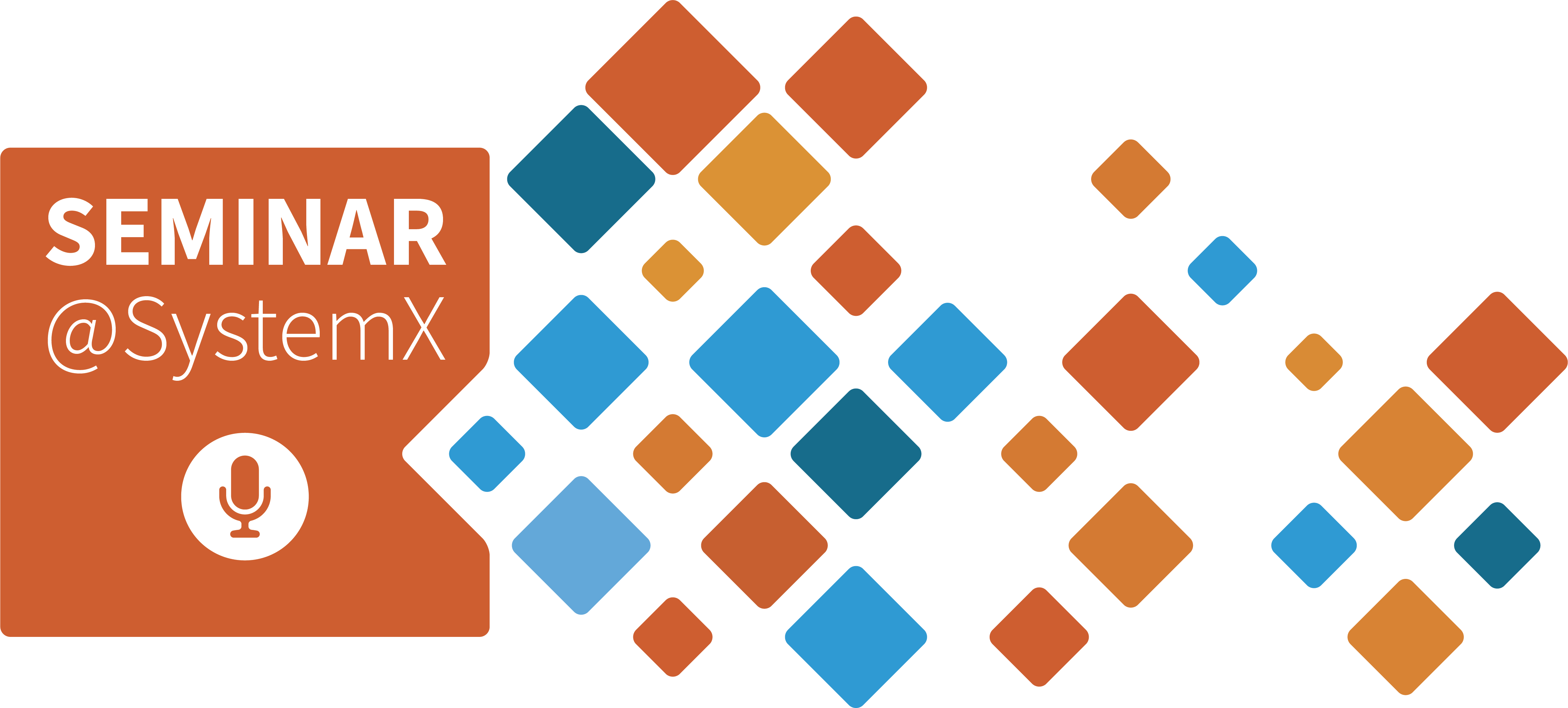Domain #1: Data science and AI
Data-driven approach to reality
 The widespread deployment of communicating and precise measurement systems, coupled with efficient data storage solutions, makes the approach of external observation of complex systems realistic. Statistical learning techniques are particularly efficient. The functionalities they offer are robust, parsimonious and scalable. These techniques allow for an efficient modelling of how the systems work, whether it is for classification, detection, prediction or causality research purposes. Finally, they can be applied to many kinds of data (signals, images, videos, texts, speech, relational data, graphs, log data, dynamic data, sequences, etc.).
The widespread deployment of communicating and precise measurement systems, coupled with efficient data storage solutions, makes the approach of external observation of complex systems realistic. Statistical learning techniques are particularly efficient. The functionalities they offer are robust, parsimonious and scalable. These techniques allow for an efficient modelling of how the systems work, whether it is for classification, detection, prediction or causality research purposes. Finally, they can be applied to many kinds of data (signals, images, videos, texts, speech, relational data, graphs, log data, dynamic data, sequences, etc.).
Challenges
Companies must take up the challenge of creating value by exploiting available data by focusing on the optimisation of internal processes and the creation of new services for their customers.
Positioning of the institute
IRT SystemX focuses on data science and artificial intelligence in its R&D projects. In industrial systems and services, data engineering and learning mechanisms provide decision support in the design and operation phases, by being integrated into processing chains. A second strand of research is the hybridization of learning solutions with knowledge models or physical models. Moreover, the institute has a specific interest in the confidence and robustness of systems integrating AI, particularly in the context of critical systems.
Roadmap
| Scientific and technological challenges | Related research fields |
| Engineering of data and learning model |
• Data and model life cycle |
| Hybridization of learning models |
• With physical models |
| Confidence and robustness of learning models | • Interpretation of models and explanation of decisions • Characterisation of the operational domain covered by the data • Evaluation of learning models with application and functional metrics • Robust learning models |
| Learning in a specific context |
• Federated or distributed learning |
Download the Data Science and AI domain presentation sheet:

Seminar@SystemX with Ang Liu
Biographie Résumé Inscription Ang Liu (School of Mechanical and Manufacturing Engineering, University of New South Wales - Sydney, ... Read more

Seminar@SystemX with Marc Zolghadri
Abstract Biography Registration Marc Zolghadri (Professeur, l’ISAE-SUPMÉCA) will run a Seminar@SystemX on the topic "Gérer ... Read more


